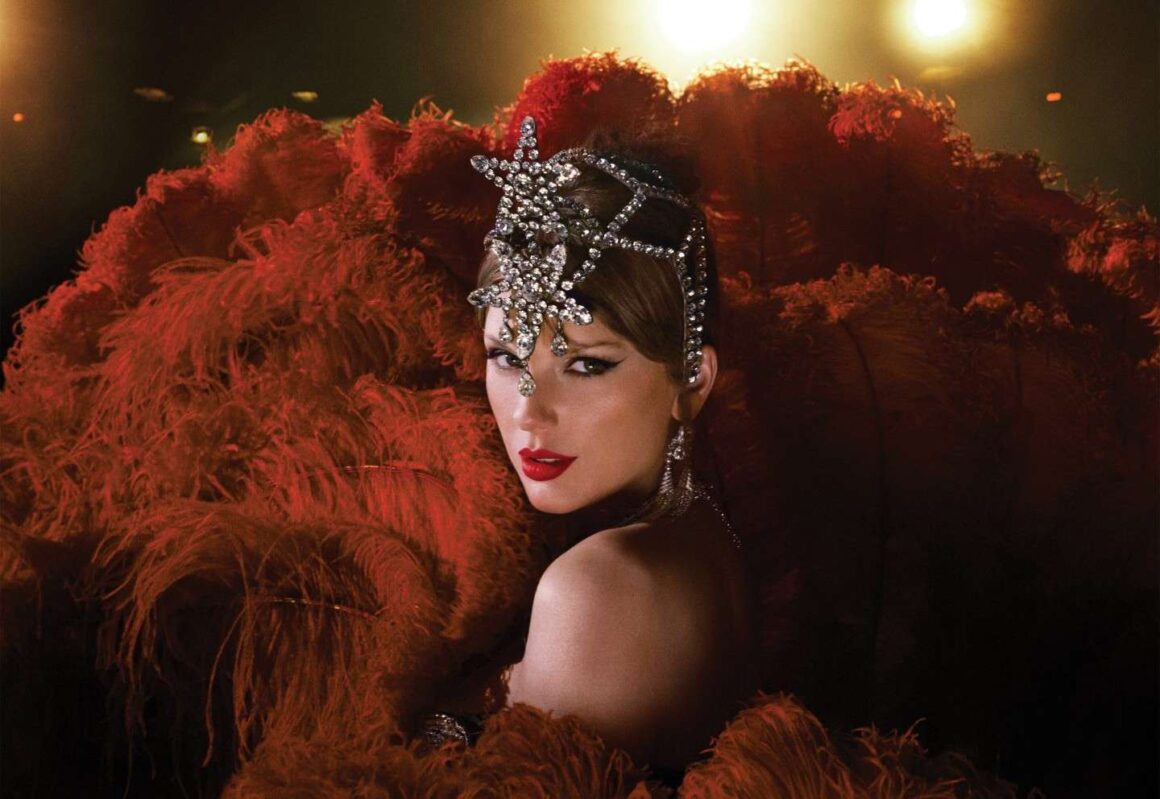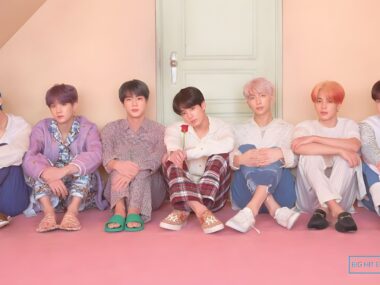Taylor Swift fans are feeling alienated from their favorite singer. Her latest album, The Life of a Showgirl, has split her fanbase in a way few could’ve predicted. Some praise its high-gloss production and theatrical flair. Others see it as proof that Swift has become a tone-deaf billionaire crafting escapist art in a time of real-world suffering.
The album’s glamorous imagery have drawn criticism for celebrating fame while millions struggle to get by. Lyrics that appear to mock less successful artists (namely Charli XCX) have only added to the criticism. For fans who once admired Swift’s relatability, The Life of a Showgirl feels like a mirror turned away from them.
The Disconnect Between Wealth and Worship
As Swift’s billionaire status bleeds into her public identity, fans are questioning what it means to support someone who represents the very systems they now oppose. Many have pointed to the album’s extravagant rollout: multiple vinyl variants, luxury merch drops, and exclusive limited editions as evidence of Taylor being out of touch.
One viral parody song by singer-songwriter Julie Lavery mocks Swift for releasing Showgirl amid growing anxiety over the state of the world. Her silence on issues like immigration or the war in Gaza and Ukraine clash with her performative acts of generosity.
What’s emerging is a moment of class consciousness within fandom culture. Some Swifties, especially younger ones, are asking questions about privilege, wealth, and morality in pop culture. Can there really be such a thing as an ethical billionaire pop star?
Taylor Swift Tried Politics And Lost
The fans who are demanding that Taylor Swift be more political forget that she already tried. And failed.
In 2018, the Tennessee candidates she supported lost. In 2024, she endorsed Kamala Harris with a viral Instagram post urging her 280 million followers to choose “calm, not chaos.”
That post generated over 400,000 voter registration visits in less than 24 hours. Yet it didn’t make any difference. Polls showed her endorsement had no measurable impact on the final results. Only 6 percent of Americans said it made them more likely to vote for Harris. 13 percent (mostly Trump supporters) said it made them less likely. The rest simply didn’t care. The only Democratic candidate who won an election after Swift backed them was Joe Biden back in 2020.
Swift’s attempts reveal the limits of celebrity activism in an era of deep polarization. A lot of people don’t take celebrity activists seriously like they did back in the day.
A Mirror of the Audience
Maybe the real issue isn’t about Taylor Swift at all, but it’s what her fans expect her to represent. They want her to mirror their politics, their discomfort with inequality. They’re not accepting the fact that she’s an artist who mirrors herself, not her audience.
Swifties are living in a world where injustice is impossible to ignore. Their frustration reflects the moment we’re in. A time when even joy feels political, where art is filtered through the lens of privilege. For better or worse, Taylor Swift embodies that contradiction.
Fans want Taylor Swift to become someone they feel comfortable stanning. It’s okay for them to change. It doesn’t mean their favorite artists will change alongside them. They should take this as a sign to step back, find a new artist to support that reflects their growing class consciousness. There’s nothing wrong with admitting that the Taylor Swift they used to love doesn’t exist anymore.






